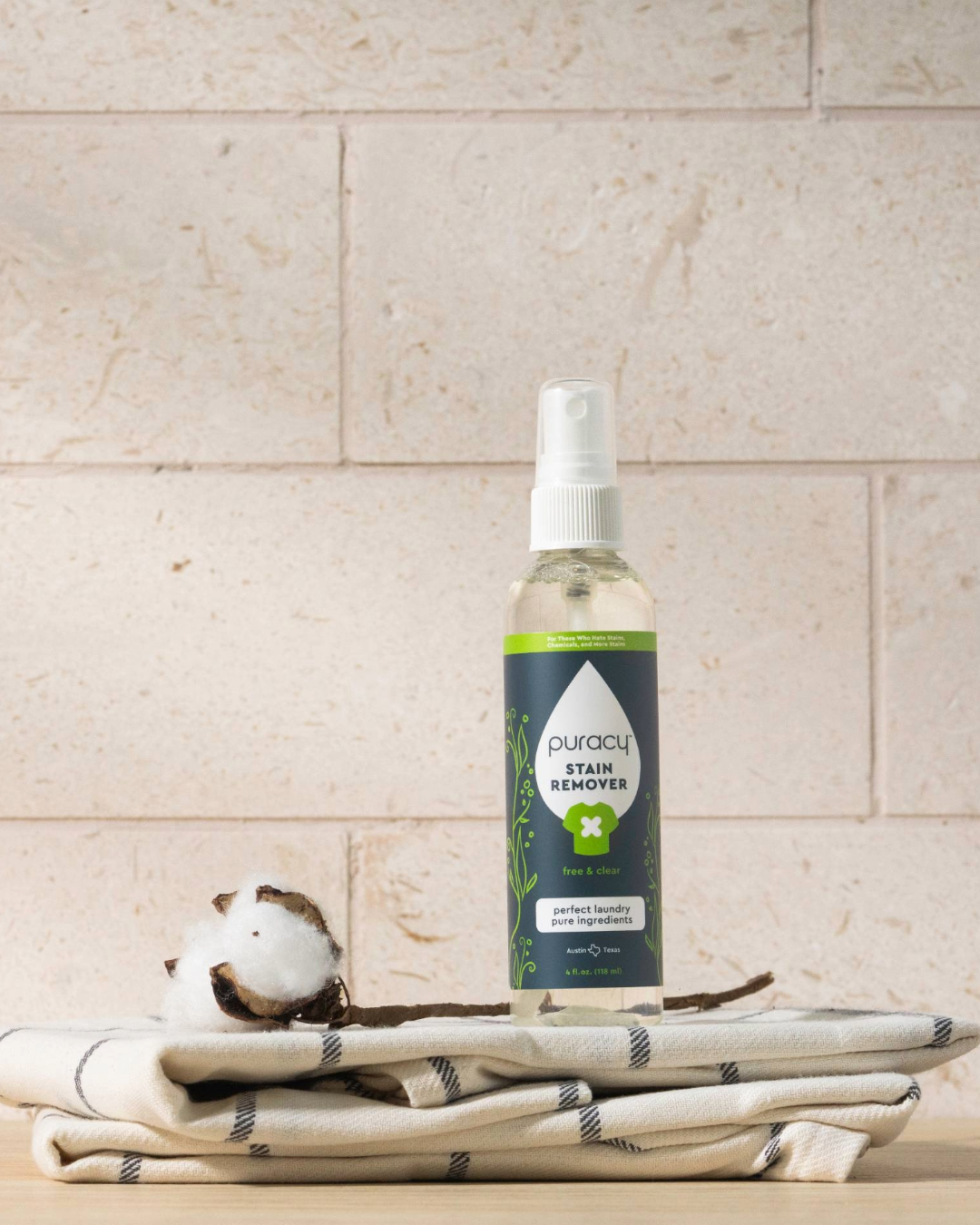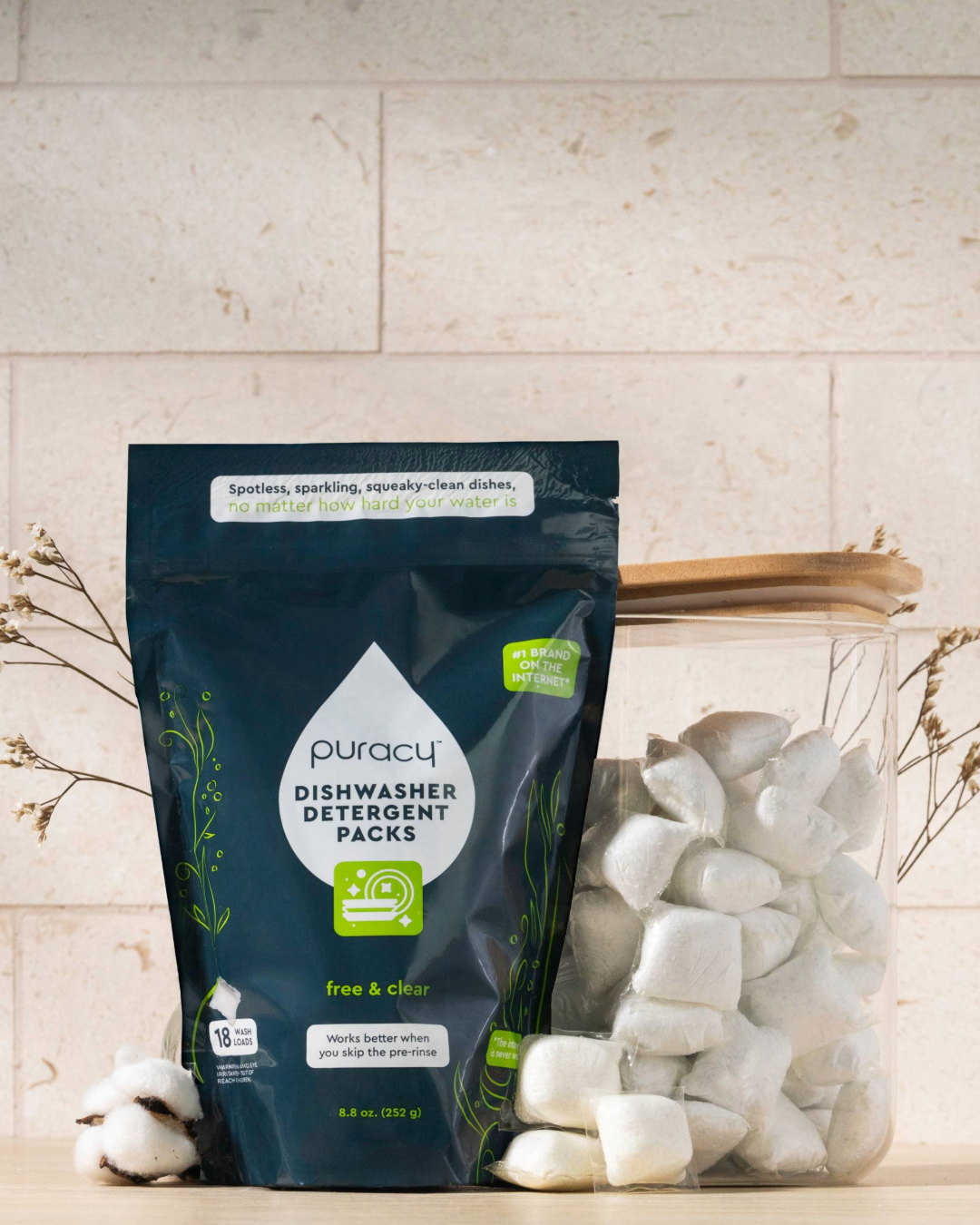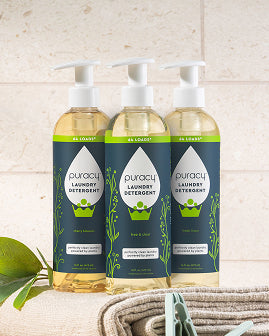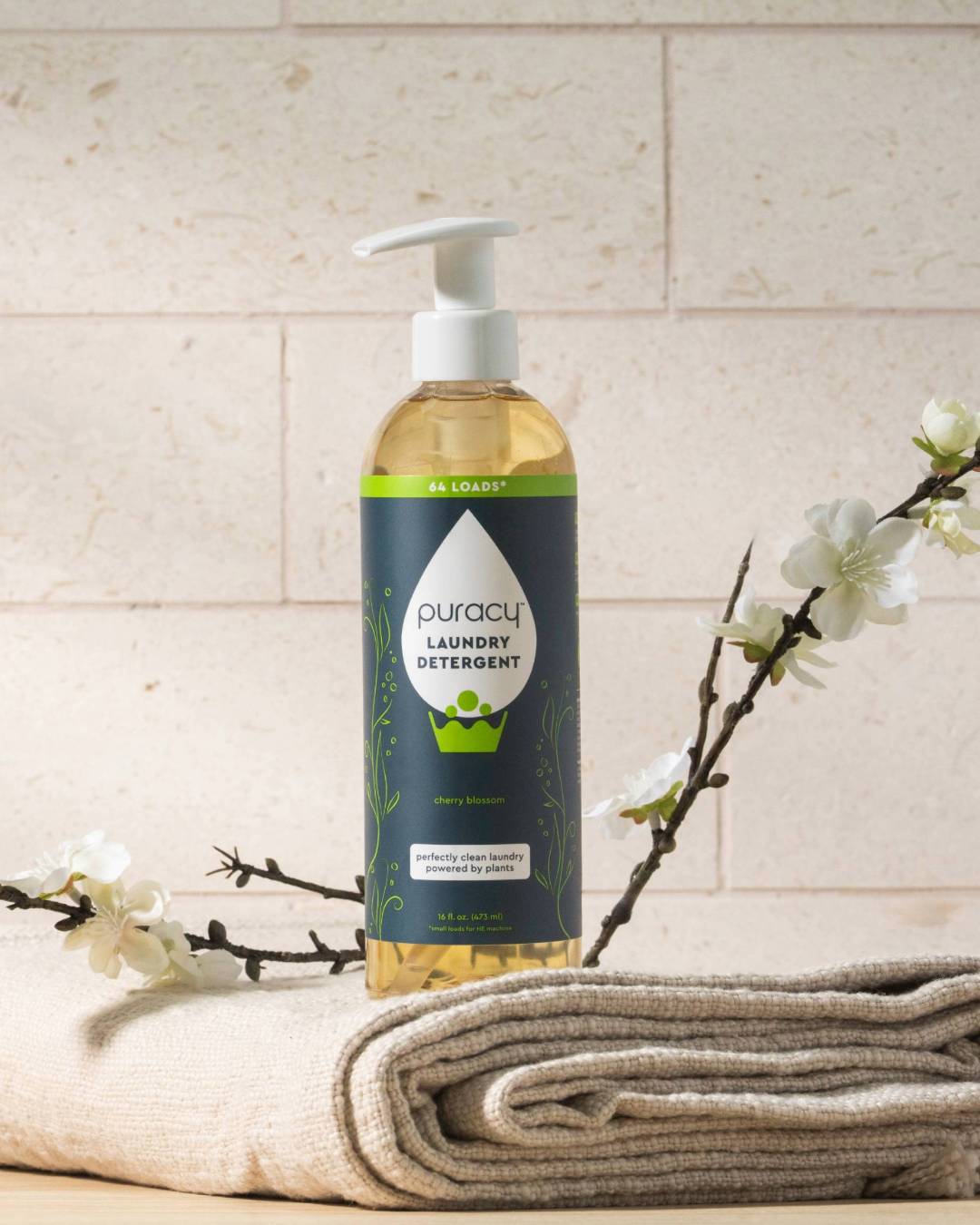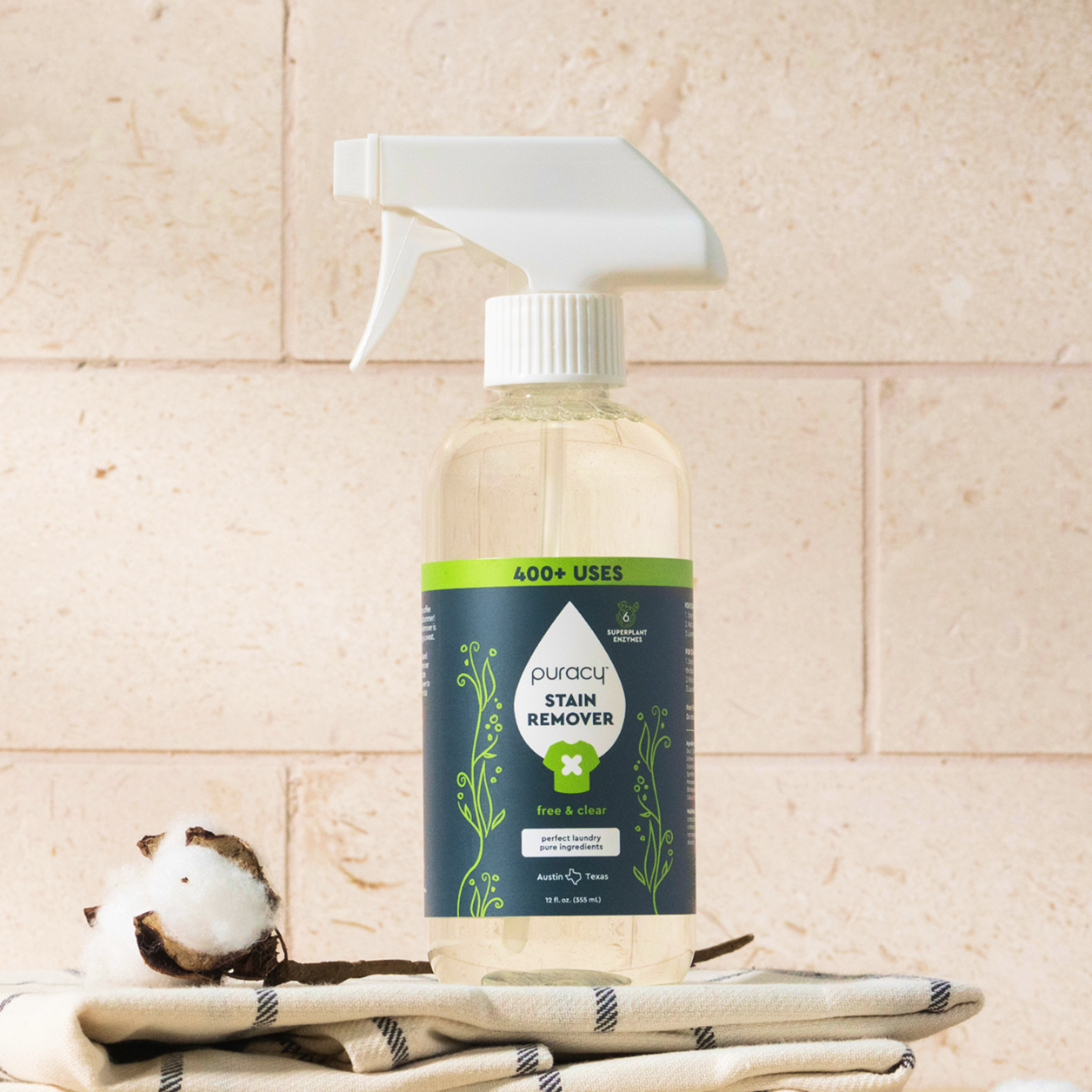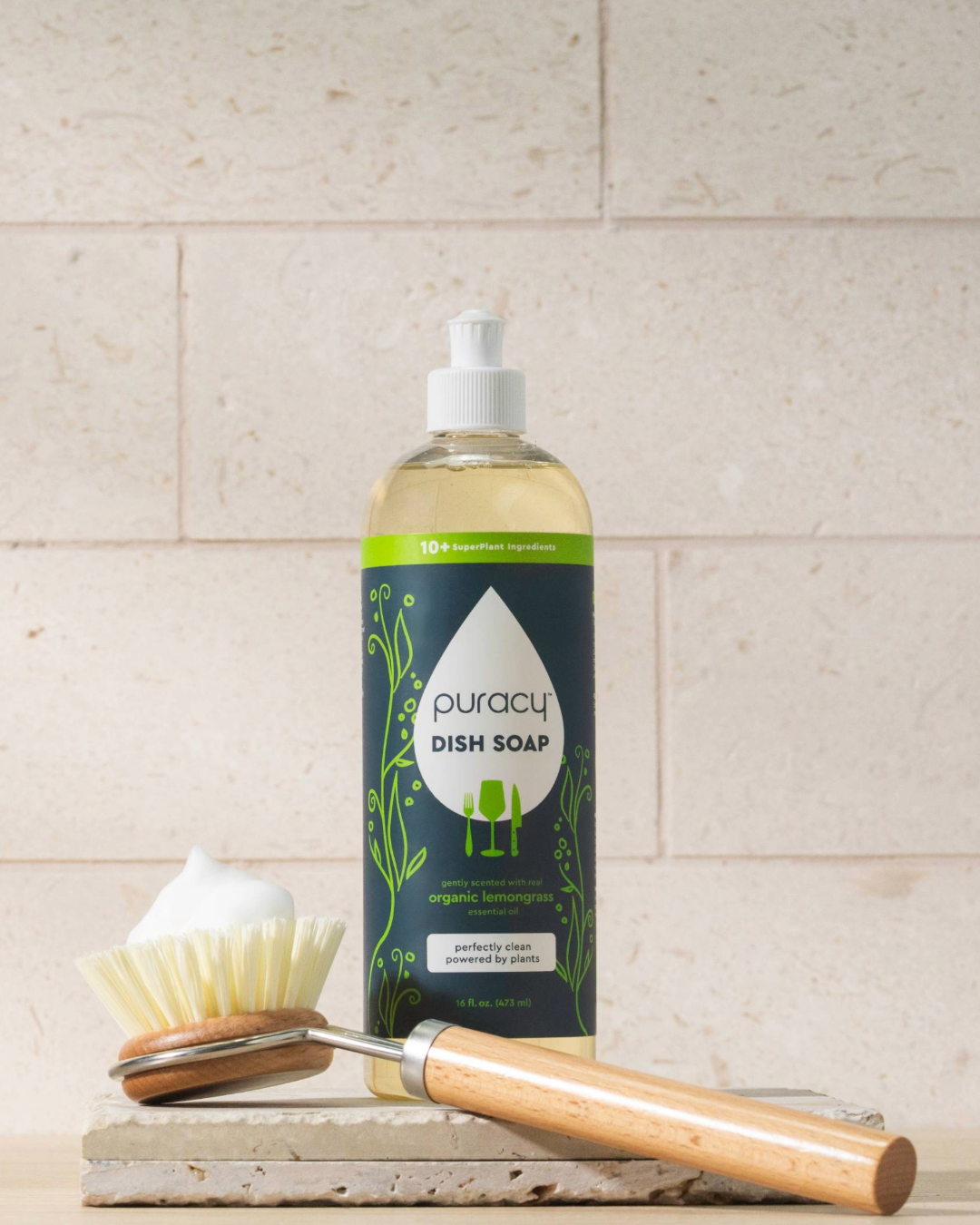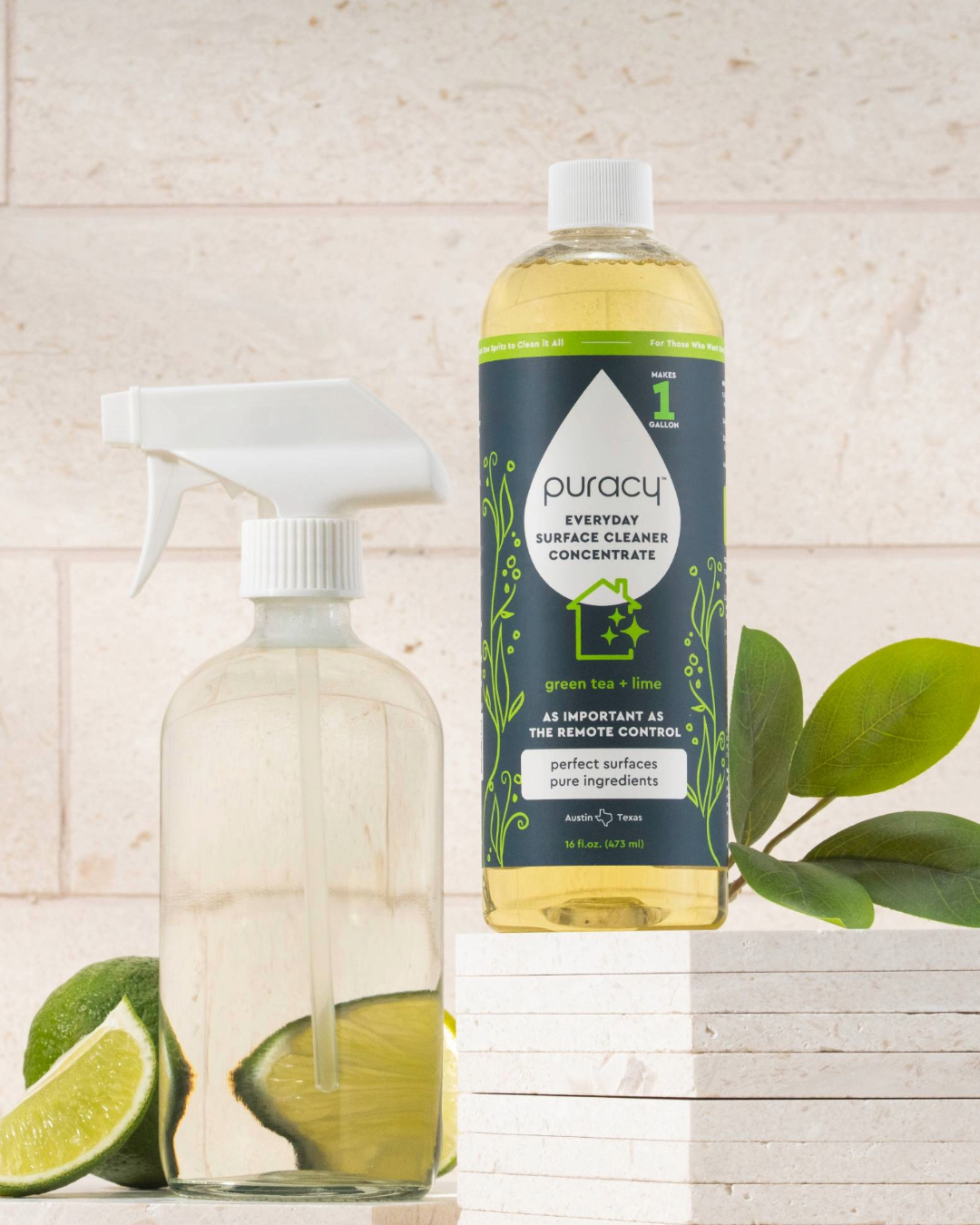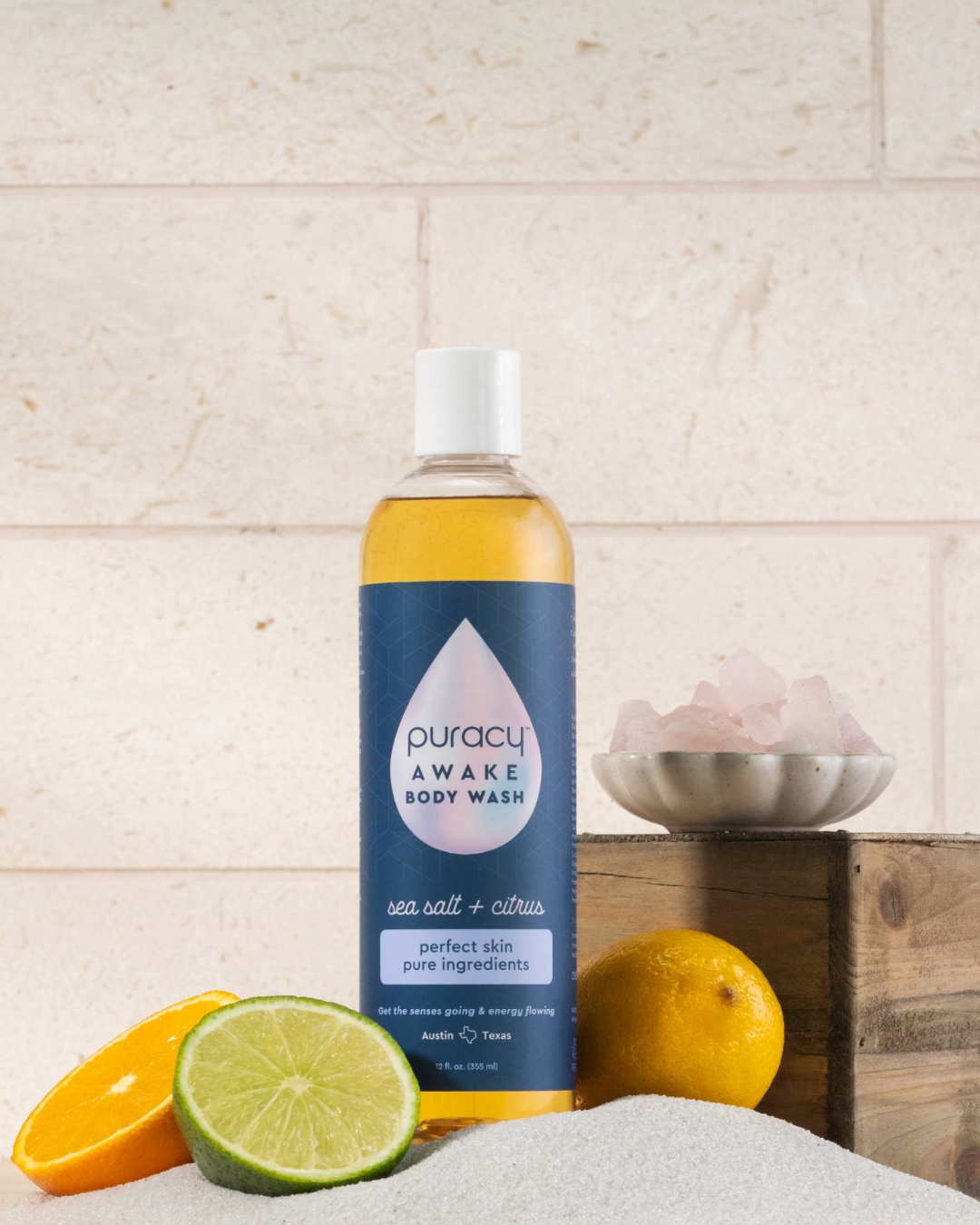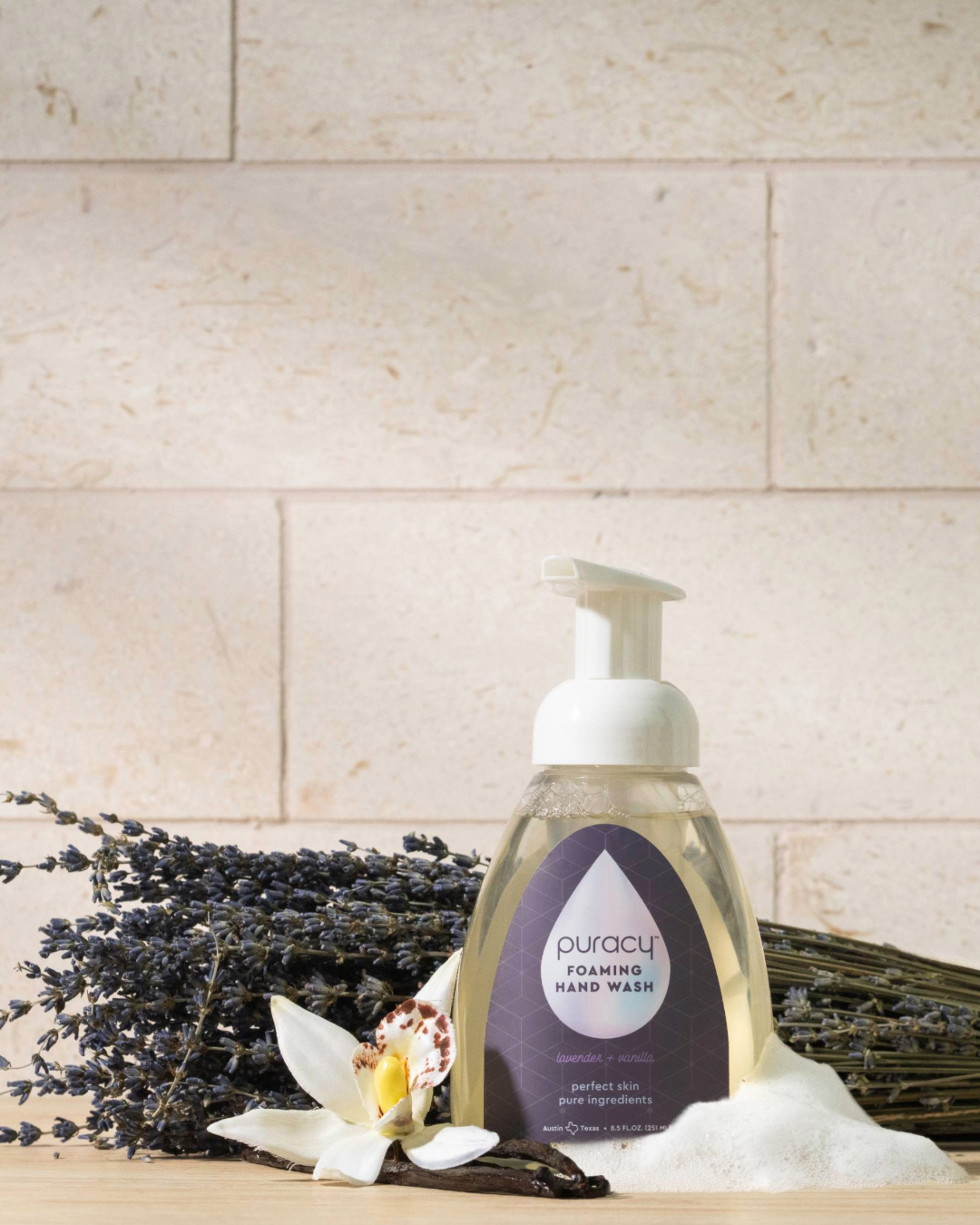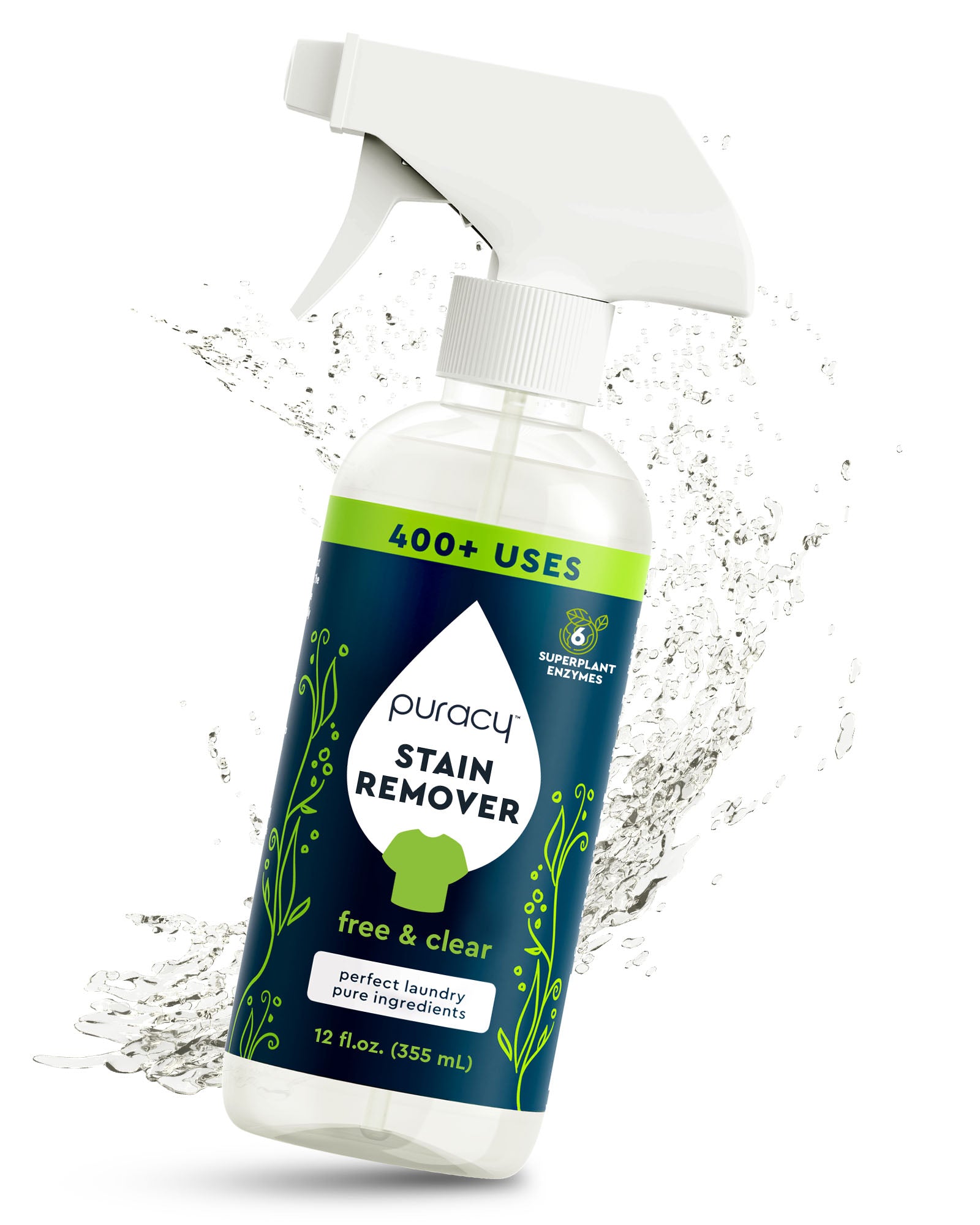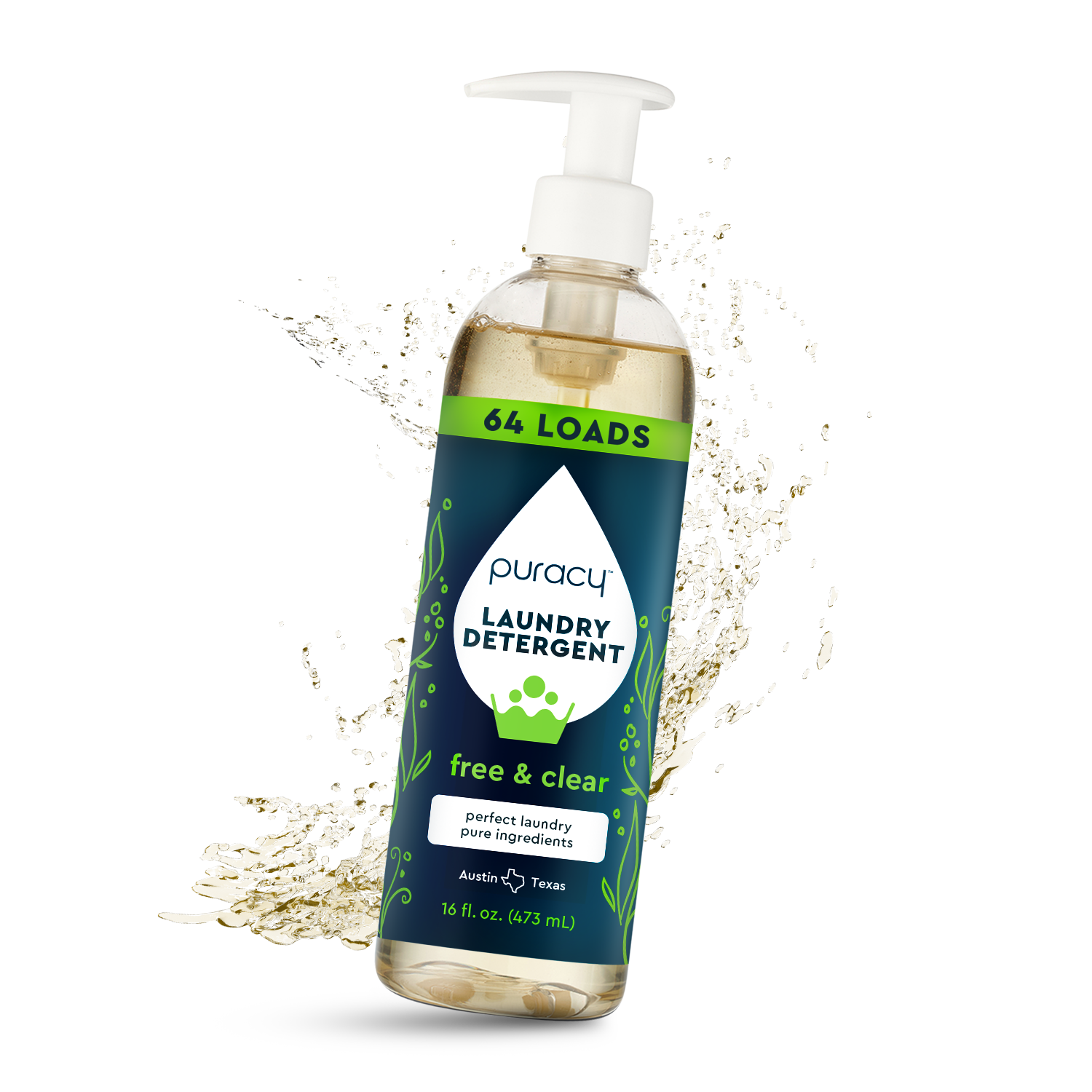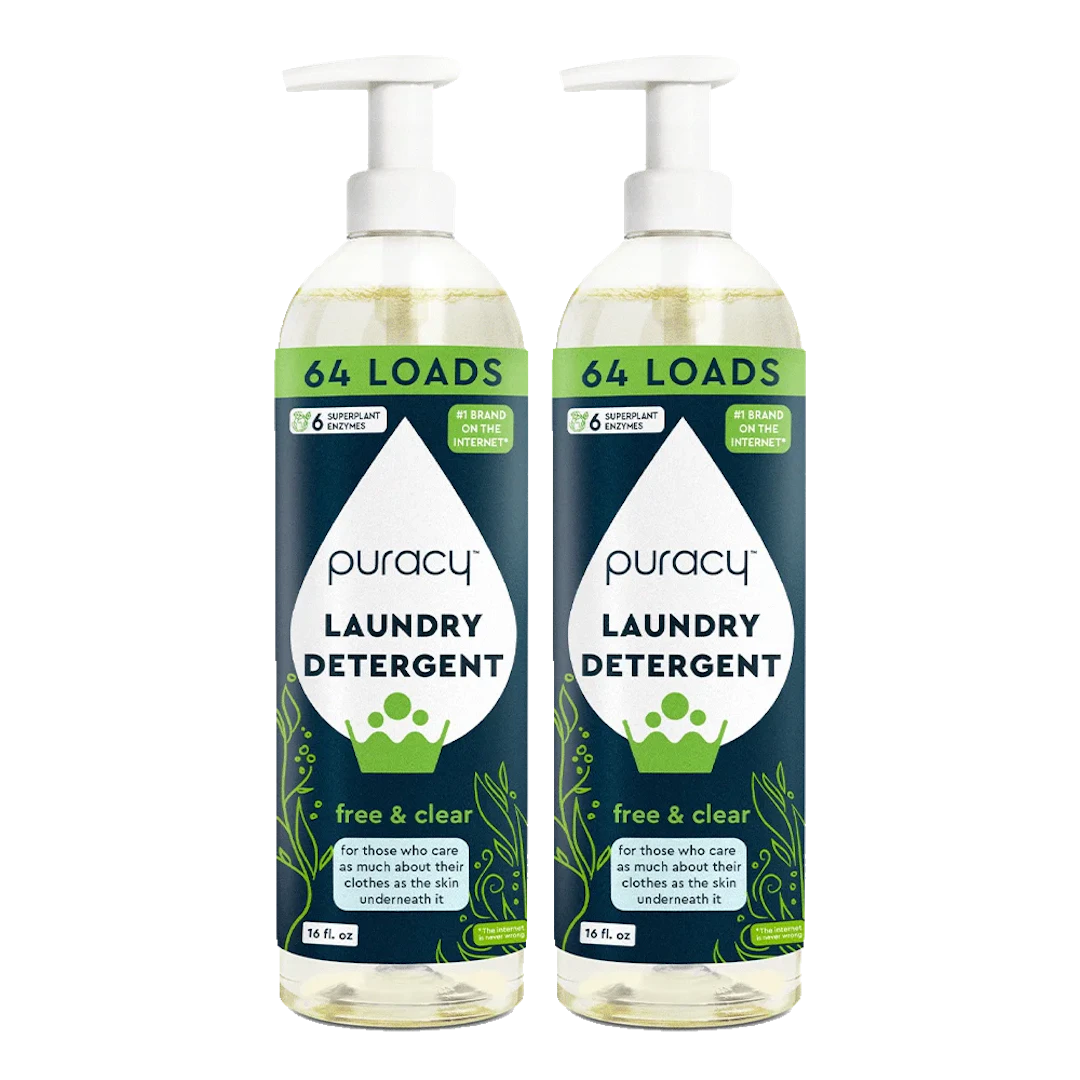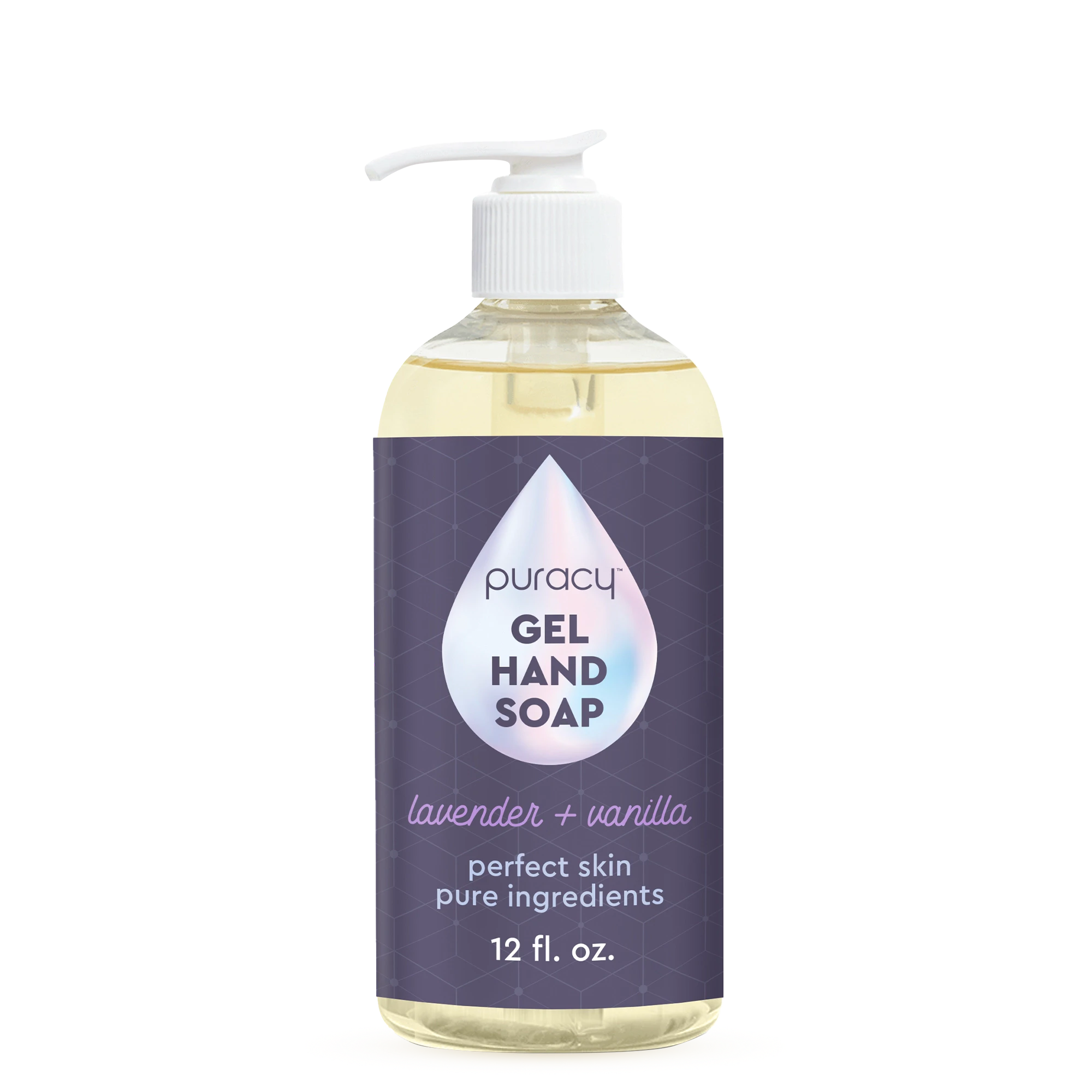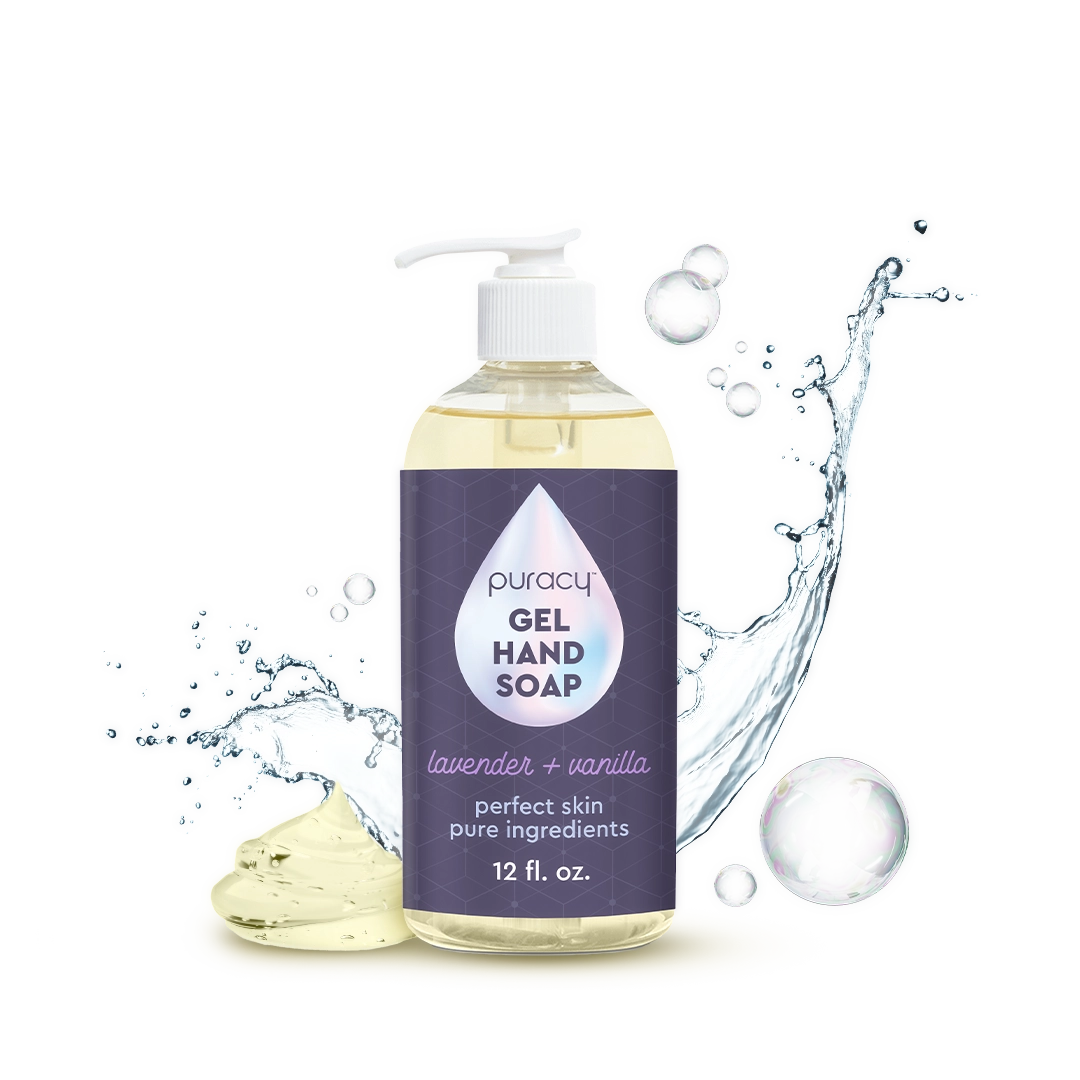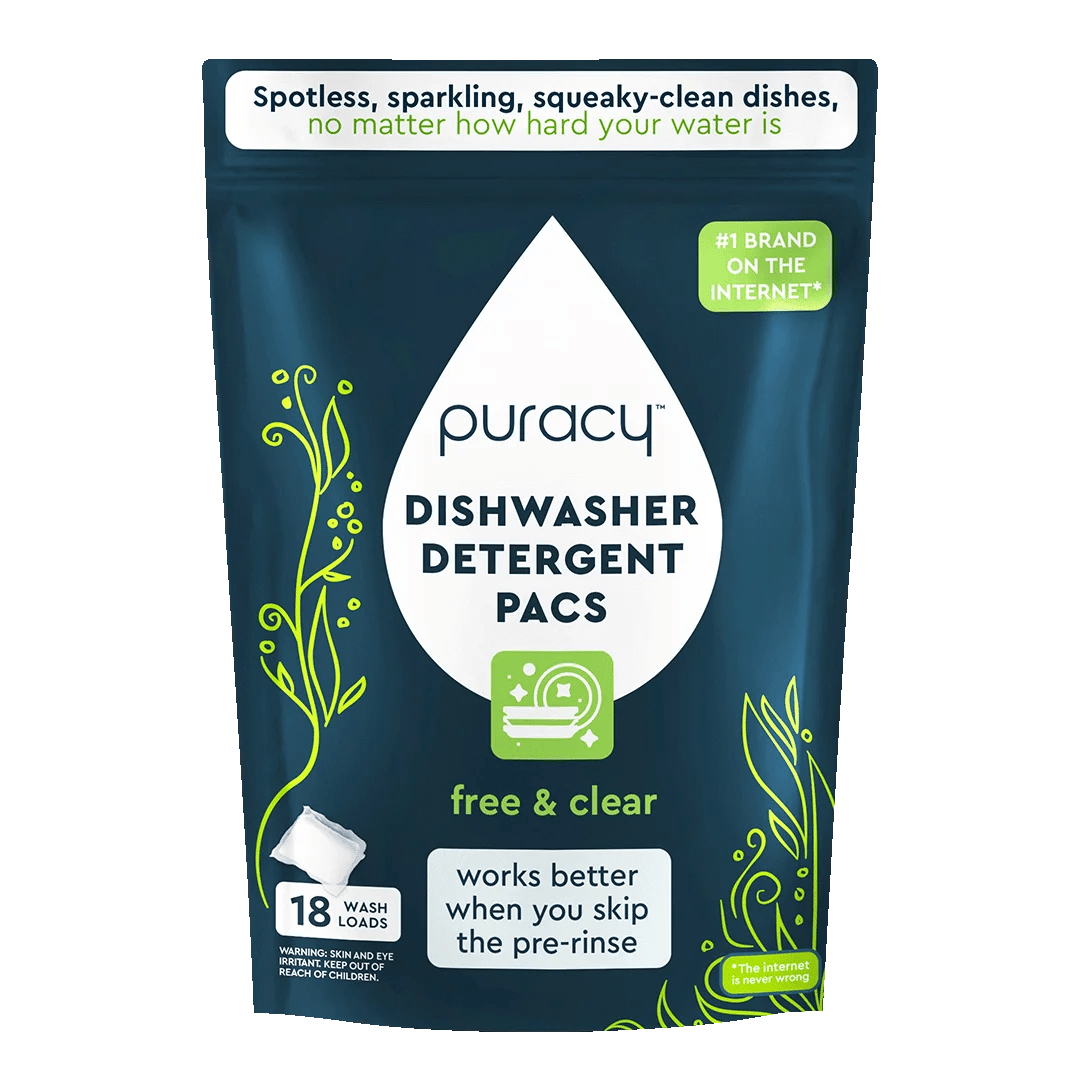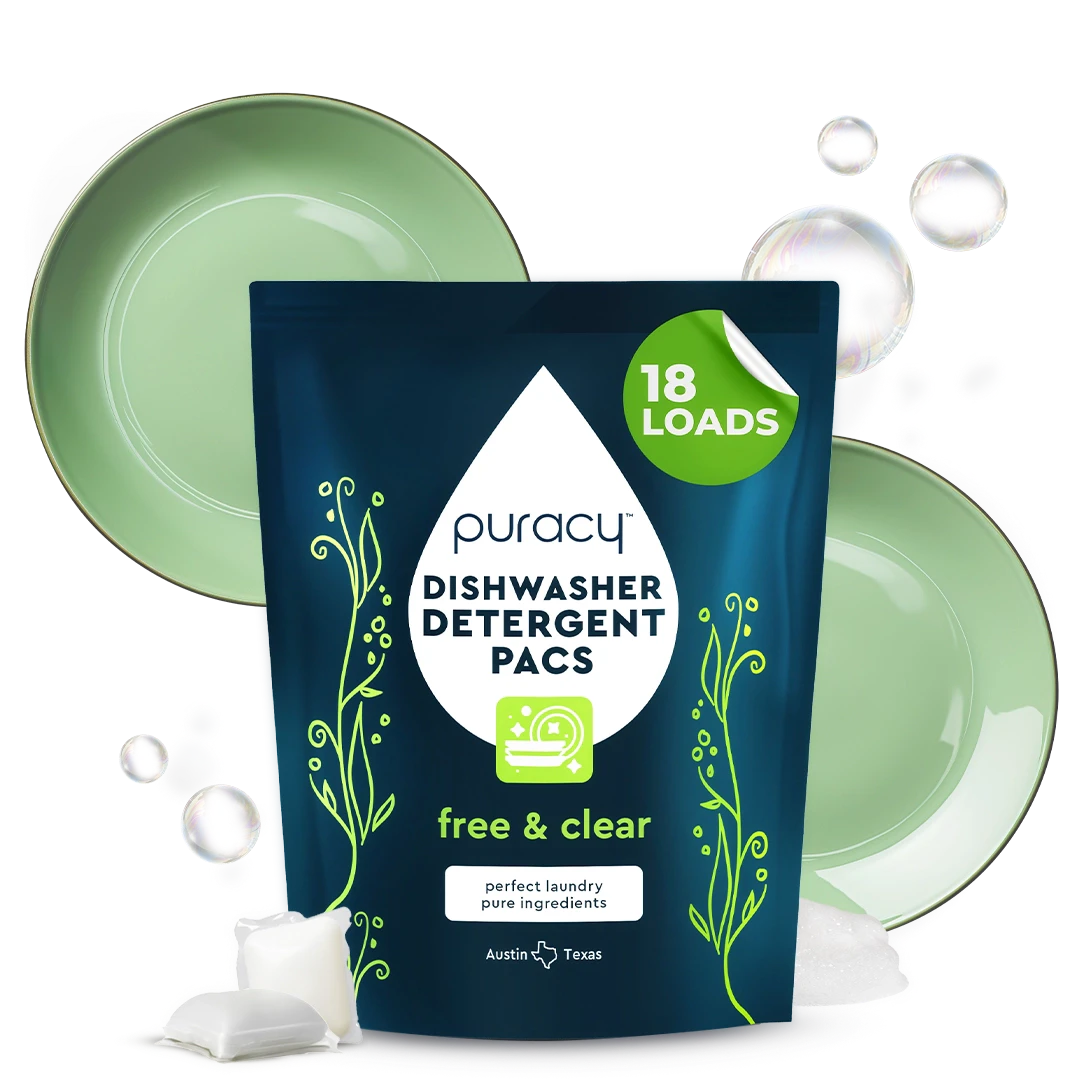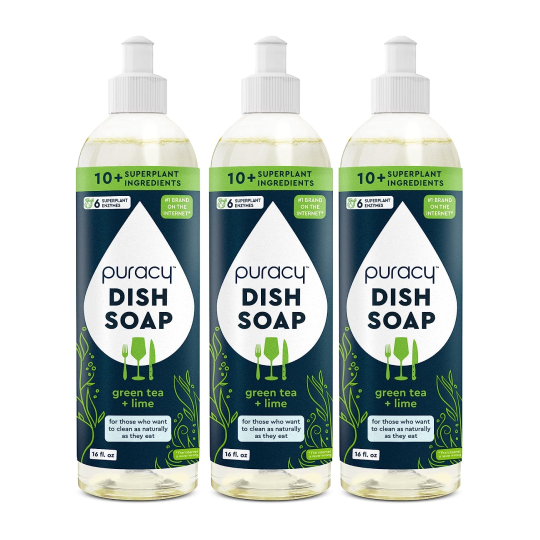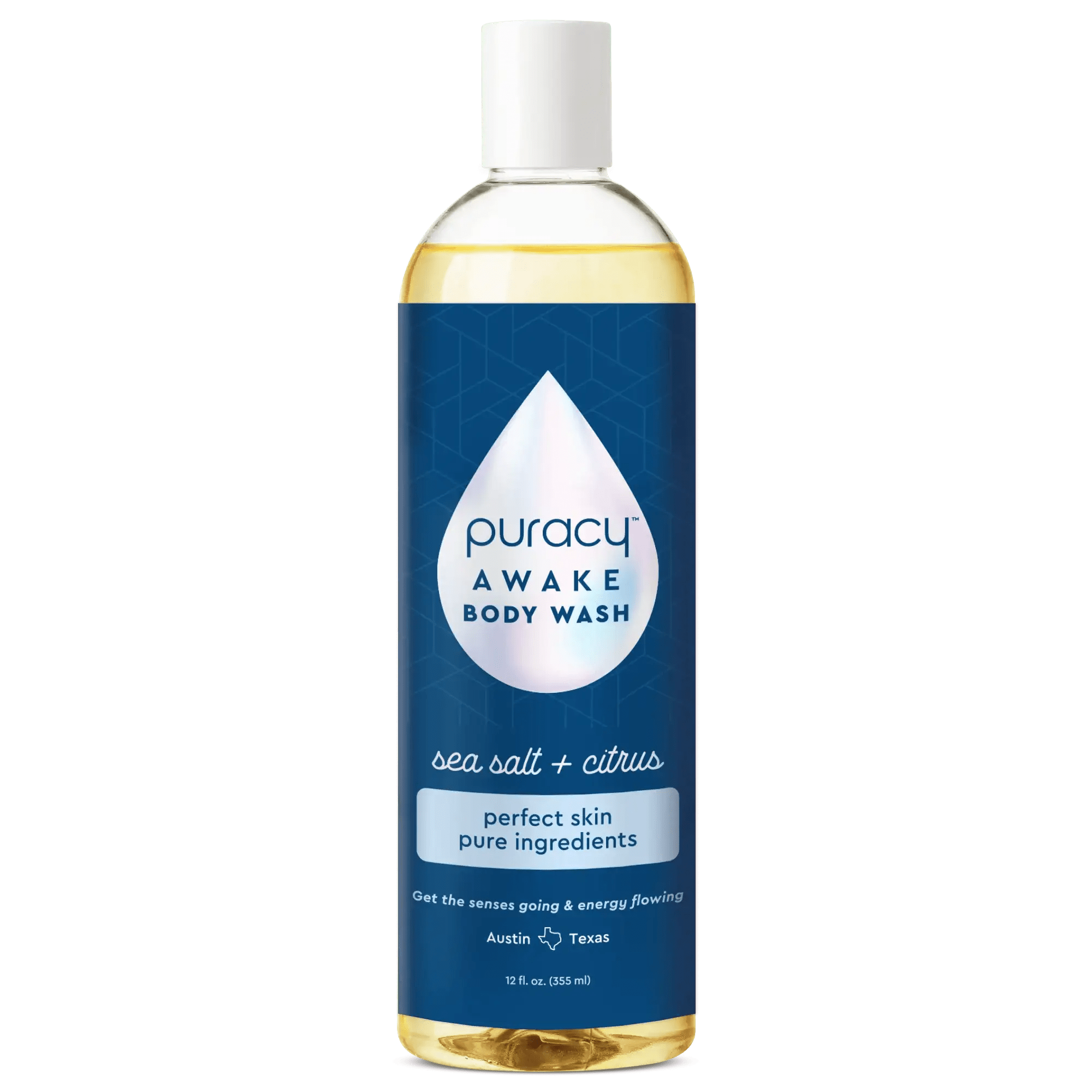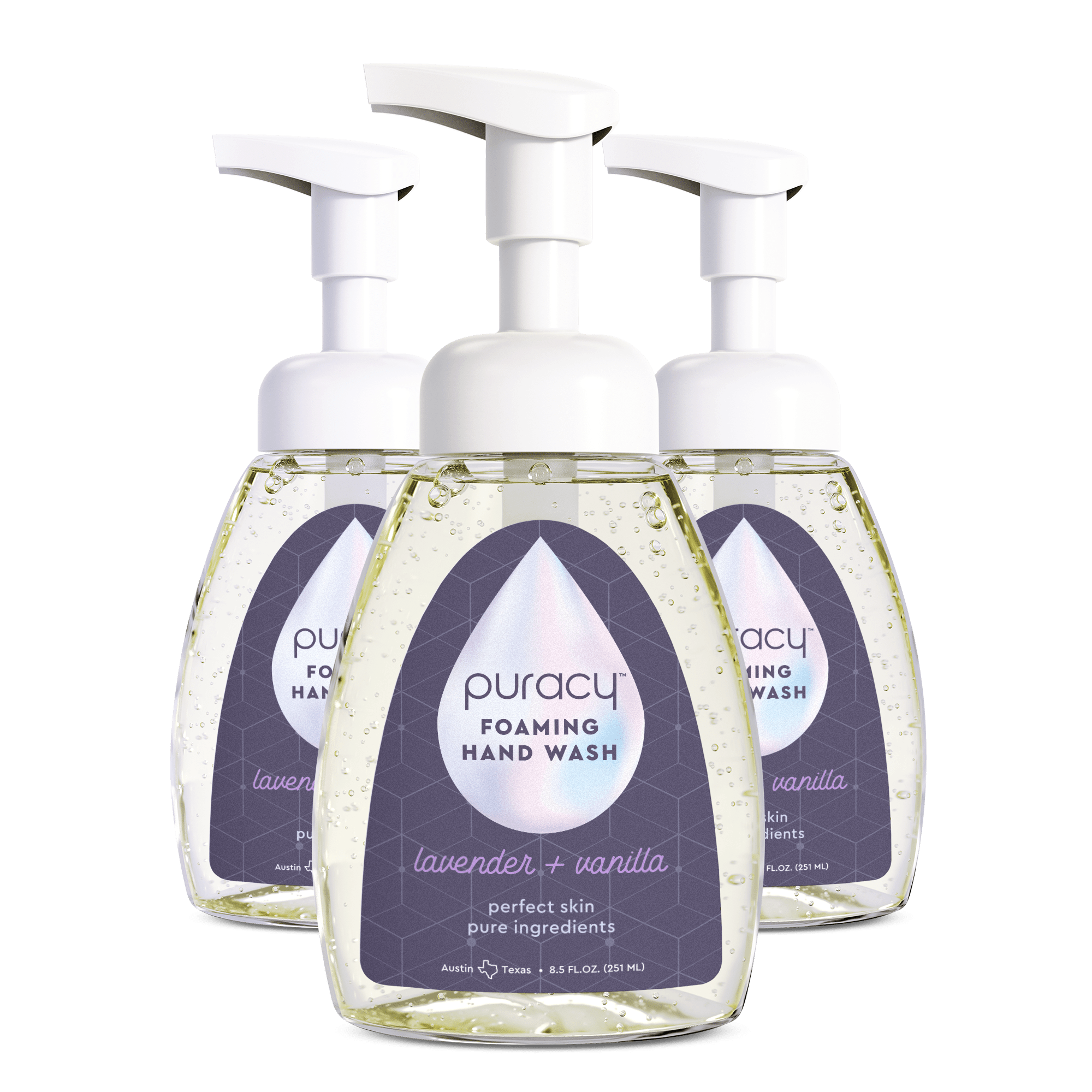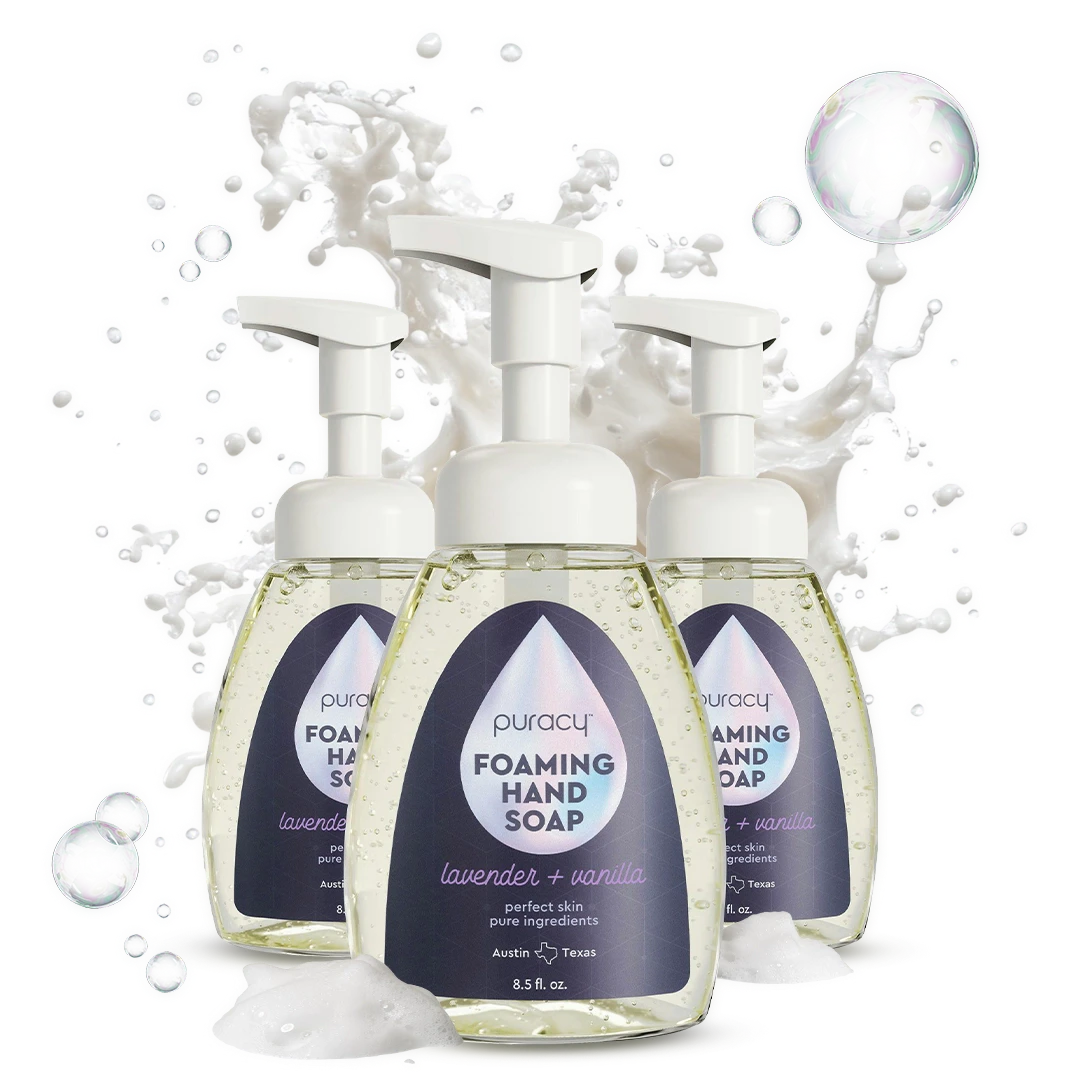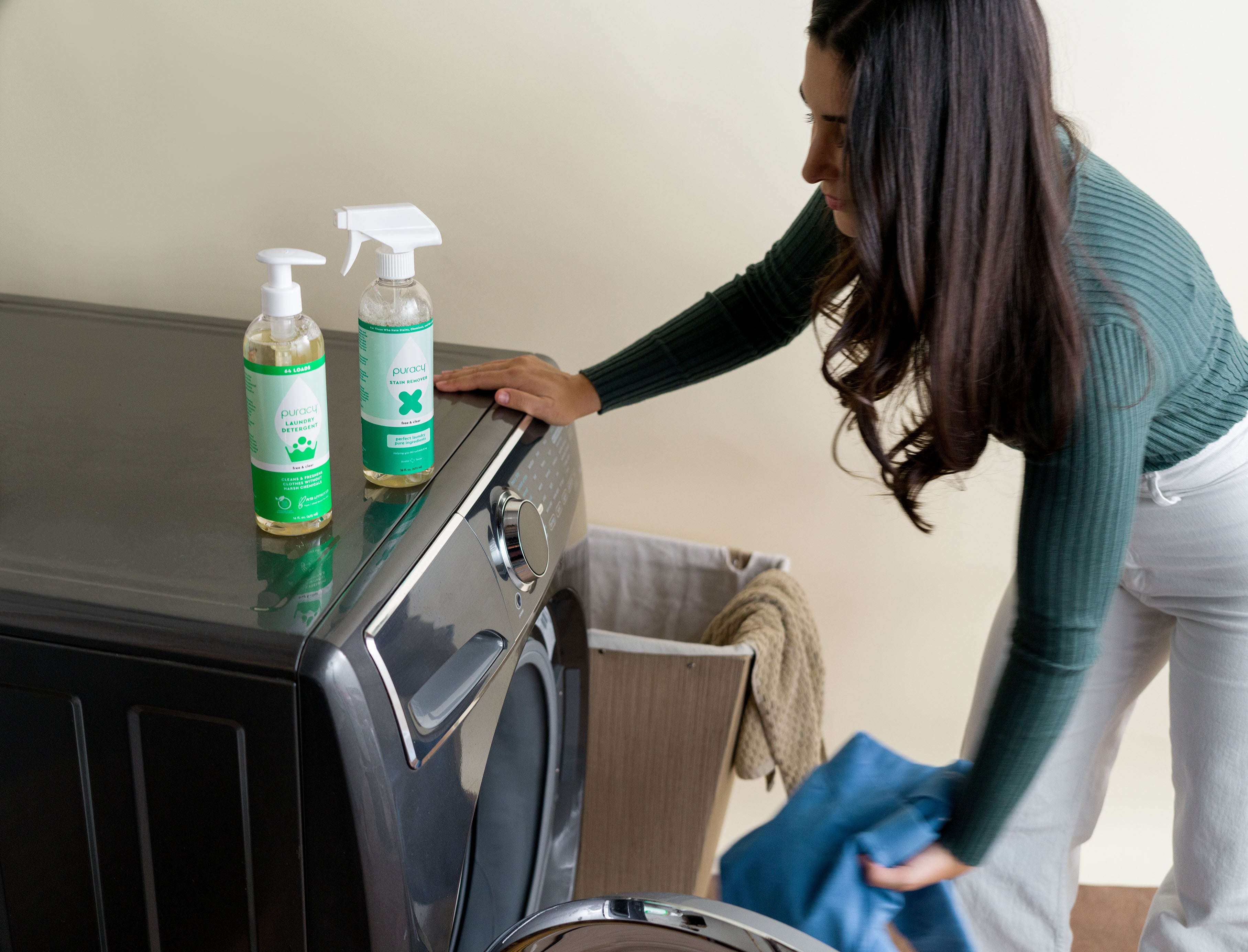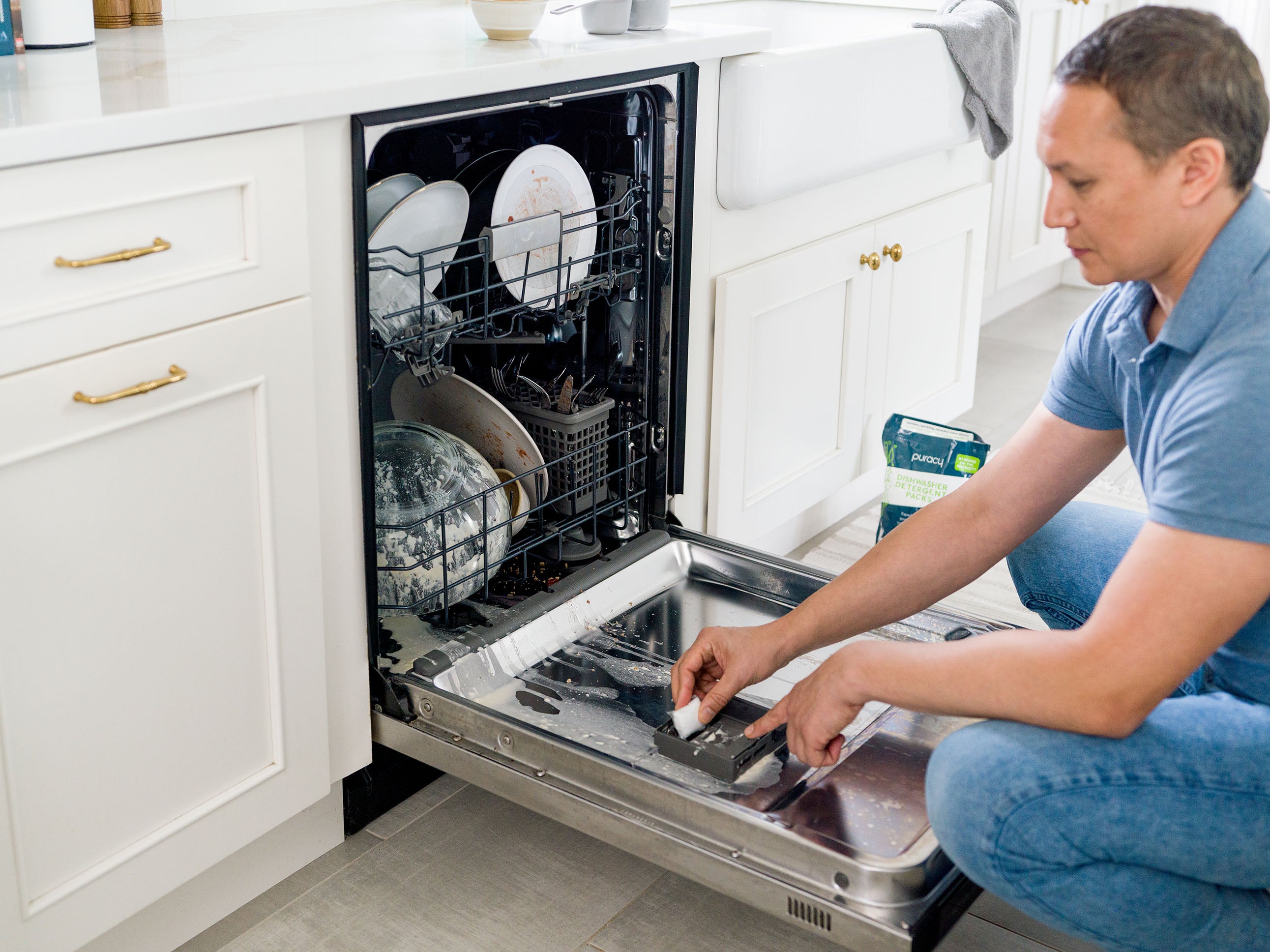
How Do You Keep a Dishwasher From Smelling Between Washes?
Is your dishwasher smelly in between washes? There can be one or several reasons why there’s bad odor inside but it’s nothing that a regular cleaning schedule can’t solve!
When your unit is not cleaned properly, it won’t clean your dishes as intended and it might even affect longevity of use. One of the easiest ways to neutralize odors in your dishwasher is with two cups of distilled white vinegar. When you’ve emptied your unit, place the bowl of vinegar on the bottom layer and let the unit run.
White vinegar is popularly known to deodorize and clean for many decades. It has antimicrobial and antifungal components to help clean your dirty pots and pans. If you’re worried it will leave your unit with a strong sour scent, that smell dissipates in seconds.
A Quick Guide to Cleaning a Smelly Dishwasher

Make sure the dishwasher is empty of dishes before any cleaning routine.
You will need:
- A cleaning agent/Dishwasher cleaner
- A non-abrasive sponge/soft-bristle brush
- Clean cloth
- Vinegar
How to clean:
- Remove any visible food particles and wipe down the interior, including the walls, racks and other accessible surfaces.
- Check and clean the filter. Place it under running water and gently remove food debris using a soft-bristle brush before reinstalling it.
- To get rid of any smell, pour distilled white vinegar on a dishwasher-safe bowl and place it on the bottom of the rack. Run a wash cycle at the hottest setting to remove odors and dissolve any mineral deposits from hard water.
- To get rid of stubborn stains, sprinkle baking soda on the bottom of the unit and do a rinse cycle at the hottest setting.
- Optional: If you have a dishwasher cleaner, use it as intended by the manufacturer for an additional clean on your unit.
- Wipe down the exterior while running a final rinse cycle on the unit.
- After the final rinse, wipe the interior and keep the unit open for air drying.
Why Does My Dishwasher Smell Bad?

There may be one or several reasons why your dishwasher might smell bad. Sometimes it’s because of the food debris, other times it might be from a mechanical problem.
Here are some of the reasons that might keep your unit from doing its best work:
|
Reason for Smelly Dishwasher |
What Do You Need to Clean |
Cleaning Method |
Time Frame |
|
Accumulated food debris |
Vinegar Acetic acid is the active ingredient in vinegar that helps dissolve food residues and odors. |
|
30 min |
|
Mineral deposits |
Baking soda Sodium bicarbonate or baking soda helps remove mineral deposits from hard water. |
|
30 min |
|
Grease buildup |
Dishwasher cleaner |
|
30 min |
|
Mold/Mildew buildup |
Vinegar, baking soda, soft-bristle toothbrush |
|
1 hr |
|
Clogged drain |
Vinegar, baking soda |
|
30 min |
Pro tip: When cleaning, make sure to wear gloves to protect your hands from chemicals and hot water. Open the windows or turn exhaust fans when using commercial cleaning agents.
Additional Tips For Keeping a Dishwasher Smelling Good

Help maintain a clean dishwasher that doesn’t reek of old food particles with these handy practices. If you’ve read our Dishwasher Hacks article, you might appreciate this list:
-
Scrape Food off the Plates
Before placing dishes in the dishwasher, scrape off excess food particles
-
Avoid Dishwasher Overload
Avoid overloading your dishwasher to ensure thorough cleaning and prevent lingering odors. Run two smaller loads if necessary instead of one overloaded load.
-
Run the Dishwasher Regularly
Running a cycle every few days helps prevent stagnant water and allows for regular cleaning of the interior.
-
Use a Rinse Aid
Rinse aids help prevent water spots, enhance drying, and keep the dishwasher smelling fresh. Follow the manufacturer's instructions for proper usage.
-
Keep the Dishwasher Dry
After completing a dishwasher cycle, leave the door slightly ajar to allow moisture to evaporate. This helps prevent the growth of mold and mildew. Additionally, wiping down the interior with a clean cloth or sponge can help remove any remaining moisture.
-
Clean the Seals and Edges
Pay attention to the rubber seals and edges around the dishwasher door. These areas can accumulate dirt, grime, and food particles, leading to unpleasant odors. A study conducted on 30 dishwashers found that the rubber seal acts as home to bacteria. Regularly wipe these areas with a damp cloth or sponge to keep them clean and odor-free.
-
Use Odor Absorbing Techniques
Place an open box of baking soda or activated charcoal in the dishwasher when not in use to absorb any lingering odors. Replace the odor absorber once every 3 months.
-
Avoid Hard Water Deposits
Use a water softener or installing a water softening system to minimize the buildup of mineral deposits. Periodically clean the dishwasher's spray arms to prevent clogs and maintain optimal water flow.
-
Schedule Regular Inspection and Maintenance
Check for blockages, loose seals, or other issues that could contribute to unpleasant smells. Contact a professional for any significant maintenance or repairs that are needed.
Keep Your Dishwasher Clean with a Safe and Powerful Detergent

